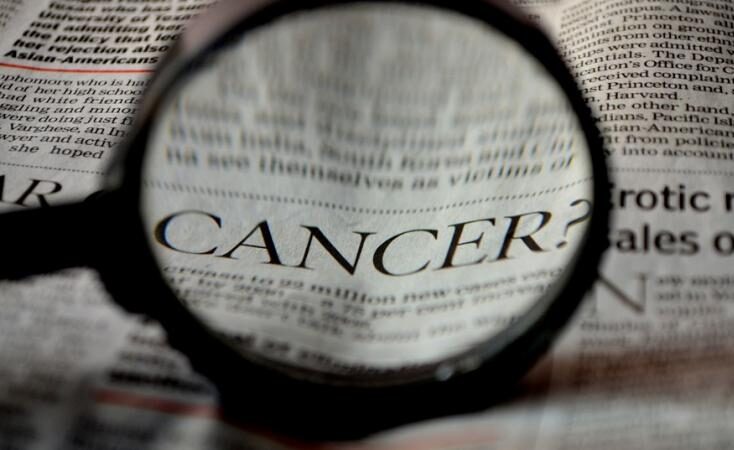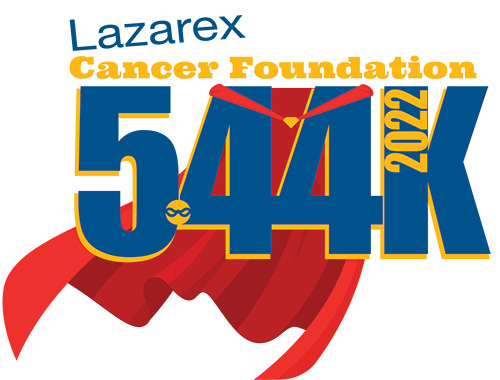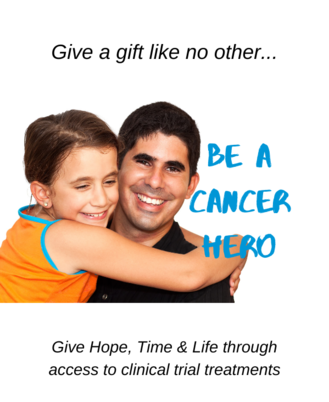It’s Time to Shed the Stigma of Cancer
By Marya Shegog, PhD, MPH, CHES: Health Equity and Diversity Coordinator, Lazarex Cancer Foundation
No one asks for cancer. Some may say that behaviors, like smoking, are “asking” for cancer but in fact I do not know a single person who said, “I want cancer.” There is a certain stigma that cancer has held. It is a signed and sealed conviction on a person’s life. It can challenge your womanhood or manhood; it can imply that you are less than a good person or that your lifestyle is “questionable”.

Cancer has been around for as long as there has been evidence of human life. It has been found among fossilized bones in ancient Egypt and osteosarcoma has been seen in mummies (Early History of Cancer, 2018). But far too often when we hear of someone being diagnosed with cancer, we almost whisper it like it is a secret worth keeping. As technologies advance more and more people will be diagnosed with cancer and hopefully more and more people will survive. Living with cancer or surviving cancer is increasingly becoming the norm.
Having cancer is not something to be ashamed of and sometimes accepting the shame keeps a person from asking questions and learning the best options for treatment. There are times when the stigma is expressed or implied by the physician, and therefore, they offer the patient the minimalist approach for treatment. Other times it is our fear of being discovered that impedes us from being the best advocate for our health.
Being diagnosed with Cancer is scary. It is a mental mind-screw. You are told that your body has turned on itself, it is growing and has the potential to kill you. You want it removed ASAP but, more often than not, treatment is not immediate and the time it takes to learn about the disease and settle on a course of action is time where you are already stressed. Then there is the stigma to keep you from talking to your family and friends for support and possible insight like familial experiences and genetic history. The stigma can keep you from seeking solace from spiritual leaders and mental health professionals. It can contribute to feelings of isolation and shame that increase stress levels and can impact how our bodies respond to treatment.

So, what is there to do? There is opportunity in all sectors to remove the stigma associated with cancer. Patients have to breathe deep and push beyond the fear and stigma to make sure they are getting their questions answered, and that the course of treatment is something they understand and are comfortable with. Clinicians have to act with impunity. Provide the same level of care to all and not allow their perceptions, prior experiences, and beliefs to prevent them from providing comprehensive, holistic care to their patients. This includes considering integrating complimentary and alternative medicine into their practice and taking time with their patients. And of course, there is room for society to simply stop perceiving cancer like it is a commentary or anything other than a condition that has to be managed, just like a teething baby or cataracts.
It is time that we stand up to cancer and stop allowing it to bully us into silence, stress and isolation.
Dr. Marya Shegog’s bio can be found here.
Works Cited
Early History of Cancer (2018, January 4). Retrieved from The History of Cancer: https://www.cancer.org/cancer/cancer-basics/history-of-cancer/what-is-cancer.html




